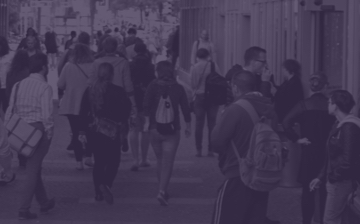Having a different sex development can mean different things depending on which DSD has been diagnosed (if a diagnosis is possible). It is important to know that each DSD can have different levels of effect on a child. This means e.g. that two children can have a similar diagnosis but as they grow up their different sex development affects them in a different way.
Look at the bigger picture…
For many babies who are born with a difference of sex development it might be unclear at birth whether they would be best raised as boys or as girls. To try to figure this out, doctors will look at the bigger picture and consider all aspects of sex development, including genetic information, the appearance of the external genital organs on the outside, how the baby’s reproductive organs developed on the inside, the baby’s ability to make sex hormones and how the baby’s body responds to hormones.
Similarly, for children and young people diagnosed with a difference of sex development later in life, specific information regarding genes, gonads (ovaries and testes) hormones, and reproductive structures is important in understanding the potential pathways for that child’s development.
Be aware of comparing external appearance…
Children with various differences of sex development can have genitals that look similar at birth, but long-term care may be quite different, depending on the specific underlying cause. This will depend upon how the gonads developed (e.g. whether or not they produce hormones and/or egg cells), and on how the body responds to hormones.
…and some things in common too!
Across all the various DSD there are also some things that are in common. No matter what sex development pathway your child follows, the aim of parents is to raise confident, happy, healthy and resilient children.
To assist you as parents to do that, it is important that you understand how your child is developing. You then need to learn to talk with your child about it.
Focusing specifically on your child’s condition, your DSD team will assist you with this.
Additionally, dsdfamilies can provide you with the information that you tell us you need. Other family groups will also be there to support you with this.







